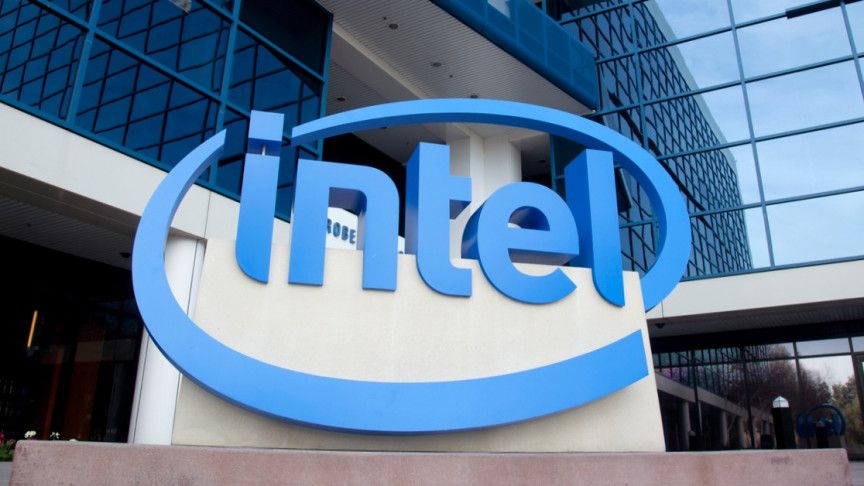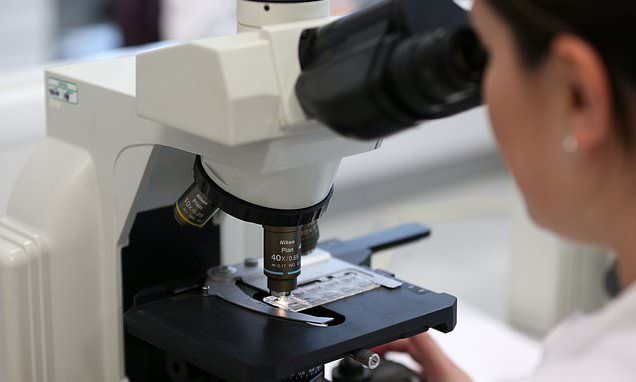Circa 2011
Considering the amount of energy packed in the nucleus of a single uranium atom, or the energy that has been continuously radiating from the sun for billions of years, or the fact that there are 1080 particles in the observable universe, it seems that the total energy in the universe must be an inconceivably vast quantity. But it’s not; it’s probably zero.
Light, matter and antimatter are what physicists call “positive energy.” And yes, there’s a lot of it (though no one is sure quite how much). Most physicists think, however, that there is an equal amount of “negative energy” stored in the gravitational attraction that exists between all the positive-energy particles. The positive exactly balances the negative, so, ultimately, there is no energy in the universe at all.
Negative energy?
Stephen Hawking explains the concept of negative energy in his book The Theory of Everything (New Millennium 2002): “Two pieces of matter that are close to each other have less [positive] energy than the same two pieces a long way apart, because you have to expend energy to separate them against the gravitational force that is pulling them together,” he wrote.




 Last year, Pentagon mad science arm DARPA was working on one of its wildest projects yet: a microchip-sized nuclear reactor. The program is now officially done, the agency says. But these sorts of far-out projects have a habit of being reemerging under new managers and new names.
Last year, Pentagon mad science arm DARPA was working on one of its wildest projects yet: a microchip-sized nuclear reactor. The program is now officially done, the agency says. But these sorts of far-out projects have a habit of being reemerging under new managers and new names.
